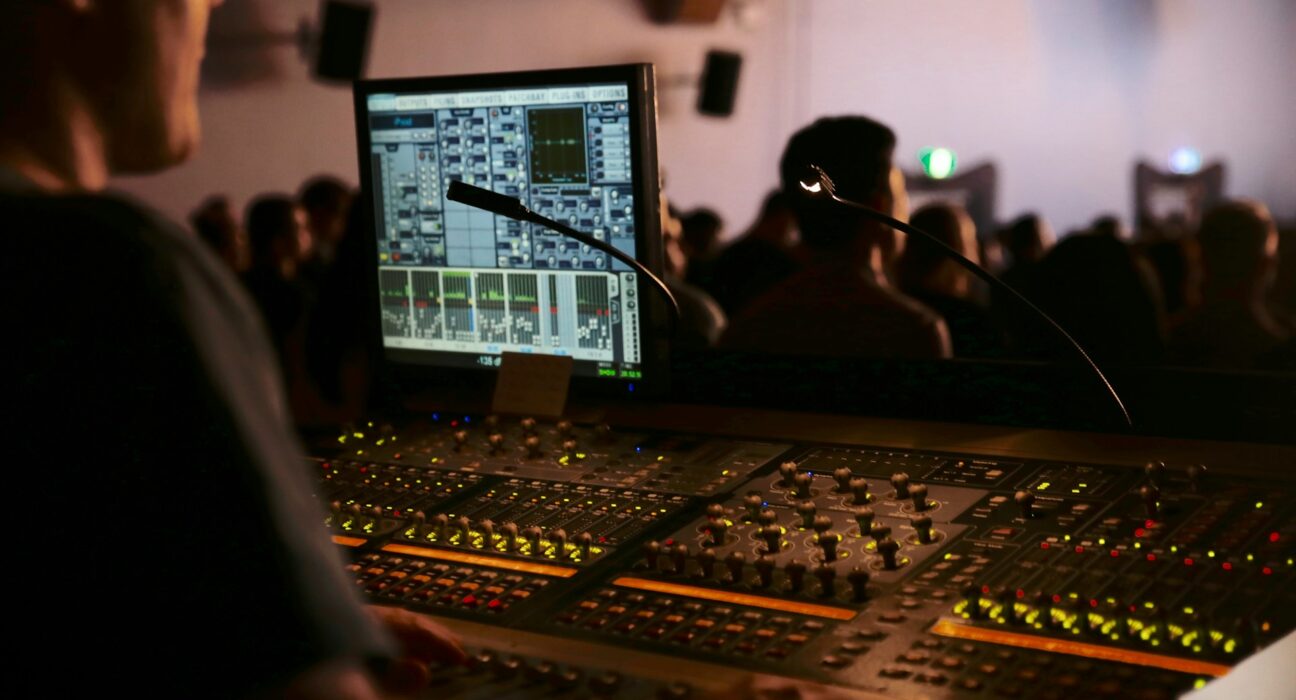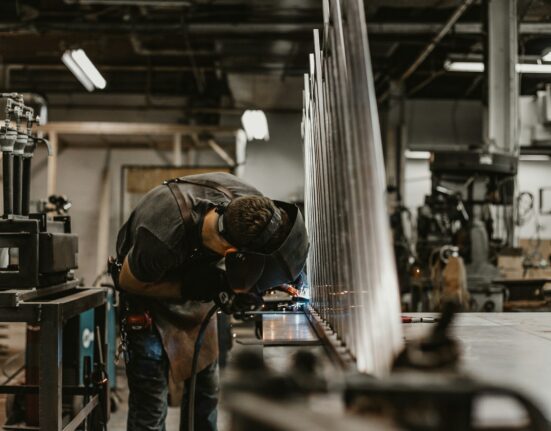Immersive experiences are rapidly redefining how we engage with technology in various settings, from education and entertainment to corporate environments. Advanced AV (audio-visual) solutions are at the forefront, bringing concepts like virtual reality, 3D sound, and interactive displays to life.
This blog will walk you through the essential components of AV technology, how they create immersive environments, and why businesses and institutions are increasingly investing in AV solutions to enhance their experiences. By the end of this post, you’ll learn more about the tools and strategies to elevate your space with immersive AV technology.
The Role of AV Technology in Immersion
Immersive technology combines visual, audio, and interactive elements to create a multi-sensory experience for users. AV solutions, from cutting-edge projection systems to 360-degree soundscapes, have the unique ability to transport users into entirely new environments.
Why Immersive Experiences Matter
- Engagement: By captivating multiple senses, immersive AV enhances user engagement. Audiences interact more actively when surrounded by contextual environments.
- Retention: Studies show that individuals retain information better in interactive and sensory-rich environments, making this technology ideal for education, training, and presentations.
- Innovation Appeal: With the rise of virtual reality and interactive displays, businesses can stand out by leveraging futuristic solutions that resonate with tech-savvy audiences.
Elevating Events with Advanced Projection Systems
The Power of Projection
Modern projection systems enable large-scale visuals with remarkable clarity, capable of transforming blank walls into dynamic displays. Ultra-short-throw projectors, for instance, allow flexibility in tight spaces, perfect for corporate presentations, galleries, or events.
Applications in Real Life
- Corporate Events: Impress and engage audiences by using projected graphics or branded environments during presentations.
- Museums/Galleries: Create life-sized artistic installations or dynamic exhibits.
- Retail Spaces: Use projection mapping to create captivating advertisements that grab customer attention.
Projections are highly adaptable and cost-effective tools for creating space transformation.
3D Soundscapes: Adding Depth to Audio Experiences
Sound is integral to immersion, and 3D sound technology offers a next-level auditory experience by simulating real-world acoustics. Unlike stereo setups, which deliver sound from two sources, 3D audio creates a three-dimensional soundscape that feels lifelike.
How 3D Sound Works
- Spatial Audio: Simulates natural sound movement, such as objects moving closer or farther away.
- Directional Precision: Listeners can pinpoint where sounds are coming from, providing context that aligns with what they see in visual media.
Key Use Cases
- Virtual Reality: Enhance VR experiences with spatially accurate audio environments that match visual input.
- Gaming: Deepen gaming experiences with immersive audio effects that respond dynamically to player actions.
- Corporate Presentations: Deliver impactful pitches with soundtracks that support your message.
With 3D sound, venues can add another layer of realism to their environments.
Interactive Displays for Real-Time Audience Engagement
Interactive display technology provides an exciting avenue for direct user interaction. These screens respond to touch, gestures, and sometimes even voice commands. From sleek conference rooms to retail stores, interactive displays are becoming a staple for communication.
Top Features of Interactive Displays
- Multi-Touch Capabilities: Offers simultaneous touches, ideal for team collaborations.
- Custom Content: Tailor the interface to business needs with videos, menus, and real-time data.
- Remote Accessibility: Many displays link with cloud systems, allowing presentations to be updated instantly.
Practical Applications
- Corporate Environments: Enable brainstorming during team meetings using collaborative boards integrated into interactive displays.
- Retail Spaces: Show customers product details or demo functionalities through interactive product catalogs.
- Education/Training: Boost learning sessions with interactive lesson plans.
By bridging the gap between digital and physical, interactive displays encourage participation and curiosity.
Virtual Reality as a Game Changer
Virtual Reality (VR) represents the pinnacle of immersive AV solutions. By placing users into fully digital environments, VR allows experiences that were previously limited by the physical world.
Why VR Redefines Engagement
- Immersive Training: From medical professionals to flight simulators, training in VR replicates real-world scenarios without risks.
- Brand Activations: With VR experiences, customers can experience your product in ways that resonate emotionally.
- Tourism: VR allows virtual tours of distant locations, giving users a chance to “visit” hotels, attractions, and more.
Industries Leading VR Adoption
- Healthcare
- Real Estate
- Travel and Tourism
- Manufacturing
Using VR in your AV setup creates endless opportunities that differentiate your offerings from competitors.
Designing Immersive Spaces with Integration in Mind
A successful immersive experience requires seamless integration of AV technologies. This includes thoughtful design, ensuring all components work harmoniously together for consistent interaction across sound, visuals, and engagement elements.
Where to Start
- Set Objectives: Define what you intend to achieve—education, entertainment, or enhanced productivity.
- Understand Your Audience. What do they expect to feel after visiting/buying/using your solution?
- Choose Integrated Solutions. Platforms that blend projection systems, 3D sound, and virtual reality keep your setup scalable for future growth.
Collaborating with AV professionals ensures the process remains efficient while optimizing tools tailored to unique project specifications.
Unlock the Future of Experiences
Immersive AV solutions are reshaping how businesses, educators, and event organizers captivate audiences. From virtual reality to interactive displays, these technologies go far beyond aesthetics—they empower engagement, retention, and emotional connection.
Whether you’re looking to enhance a corporate setting, revamp a retail space, or create unforgettable events, immersive AV technology is a powerful tool for staying ahead of the curve. If you’re ready to redefine how spaces come to life, learn more by exploring AV solutions customized for you.








Leave feedback about this